Rebel commander in Libya submits bid to run for president
The commander of Libyan rebels, Khalifa Haftar, has registered to run in Libya's presidential election due next month.
Haftar on Tuesday officially submitted his candidacy papers at an electoral board office, where he appealed to Libyans to make "the right choice" in the December 24 election.
"The next stage will be difficult. I call on all Libyans to make the right choice, one they will not regret," he told journalists in the eastern city of Benghazi.
Haftar, who remains a divisive figure in the North African country, declared his candidacy in a televised speech earlier in the day. "I declare my candidacy for the presidential election, not because I am chasing power but because I want to lead our people toward glory, progress, and prosperity."
"Elections are the only way out of the severe crisis that our country has plunged into," he added.
Haftar's announcement came two days after Seif al-Islam Gaddafi, a son of slain ruler Muammar Gaddafi, declared his own candidacy. Both are deeply controversial figures. Gaddafi is wanted by the International Criminal Court (ICC) for alleged war crimes, while many in western Libya despise Haftar.
From 2014, Haftar led a three-year battle against government forces in Libya, establishing himself as the dominant power in the country's troubled east. In April 2019, he launched an offensive on the capital, Tripoli, on the pretext of rooting out militant groups. The year-long battle left the outskirts of the capital in ruins.
But in October last year, a United Nations-brokered ceasefire paved the way for a peace process leading to elections.
Haftar provisionally quit his military position in line with a controversial electoral law to allow him to run for president.
Libya's electoral process, already beset by disputes over who can stand and the legal basis for the polls, looks as shaky as ever just six weeks ahead of the vote.
Abdulhamid Dbeibah, the head of the UN-backed unity government, has said the process is facing "huge" problems given the lack of consensus over a constitutional framework for the vote.
Libya has been beset by chaos since the overthrow and killing of Gaddafi following a NATO operation in 2011.
VIDEO | Pakistan protesters condemn US-Israel threats, mourn mosque victims
VIDEO | Press TV's news headlines
Tehran slams US ‘inhumane’ sanctions against Cuba
Two Palestinian children killed in PA ambush; Hamas slams attack as ‘black mark’
Iran pursues talks and deterrence simultaneously: Security chief
Peace with Israel ‘not possible’ amid ongoing violations of Palestinian rights: Top diplomat
Discover Iran: The network of rivers, lakes, and wetlands of Sistan and Baluchestan
Russia: West reviving Navalny case to divert attention from Epstein scandal


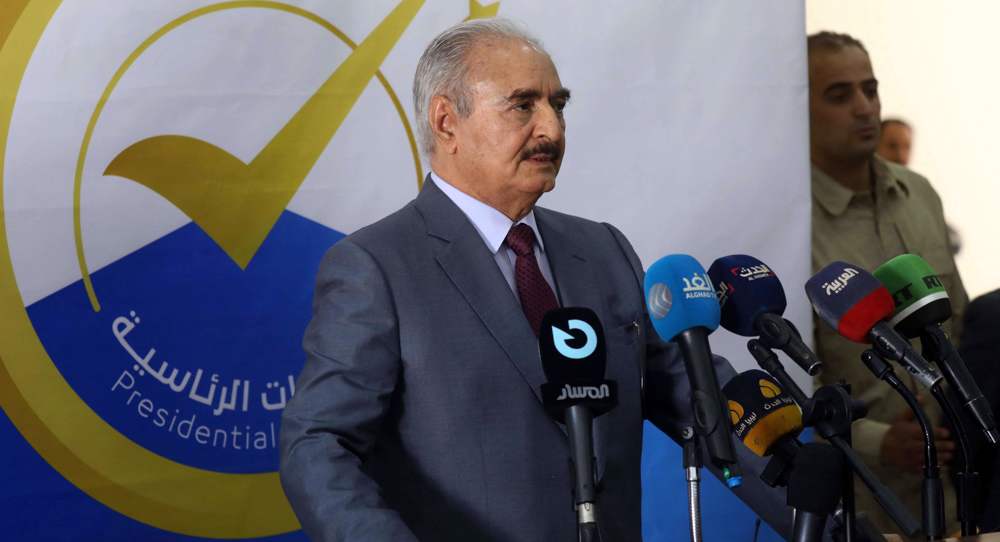
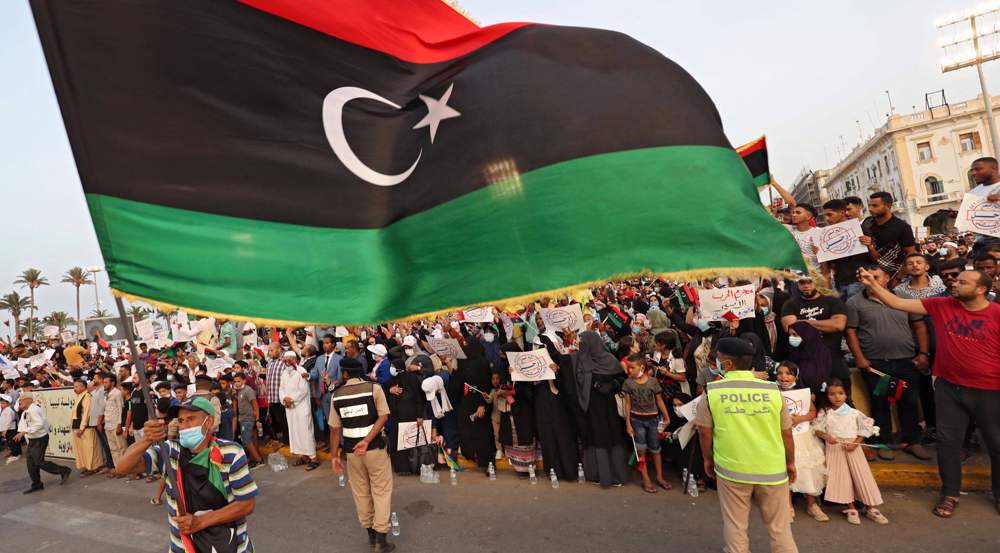

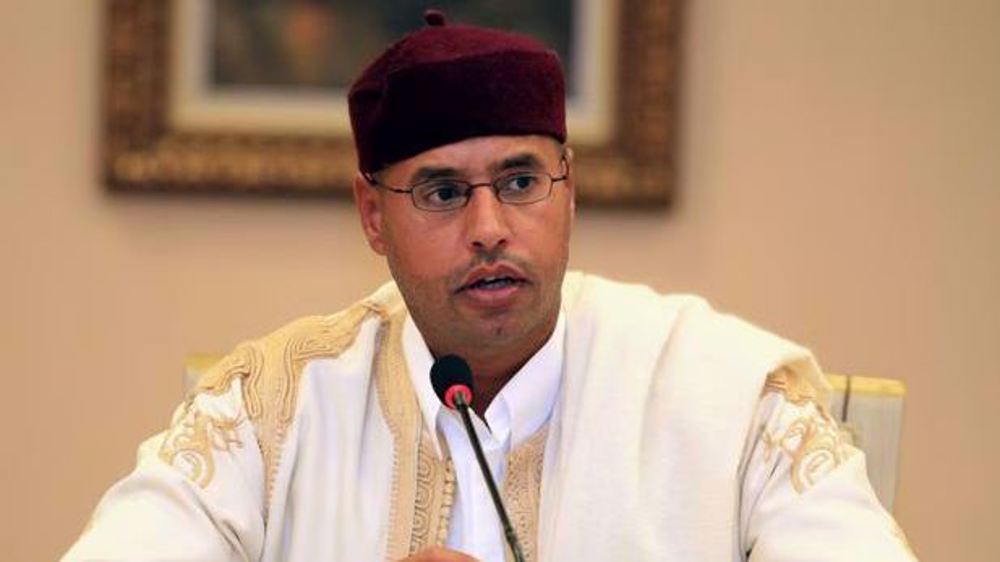
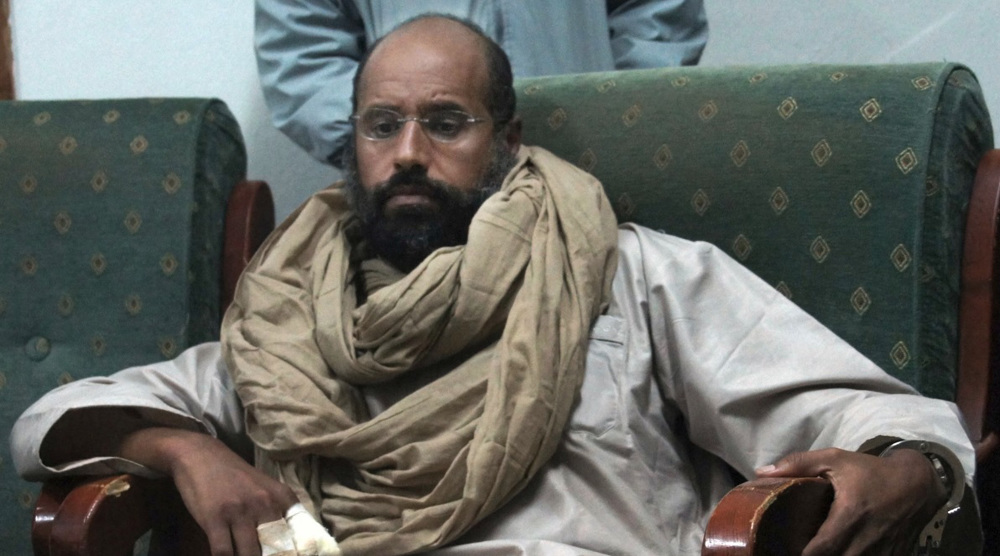



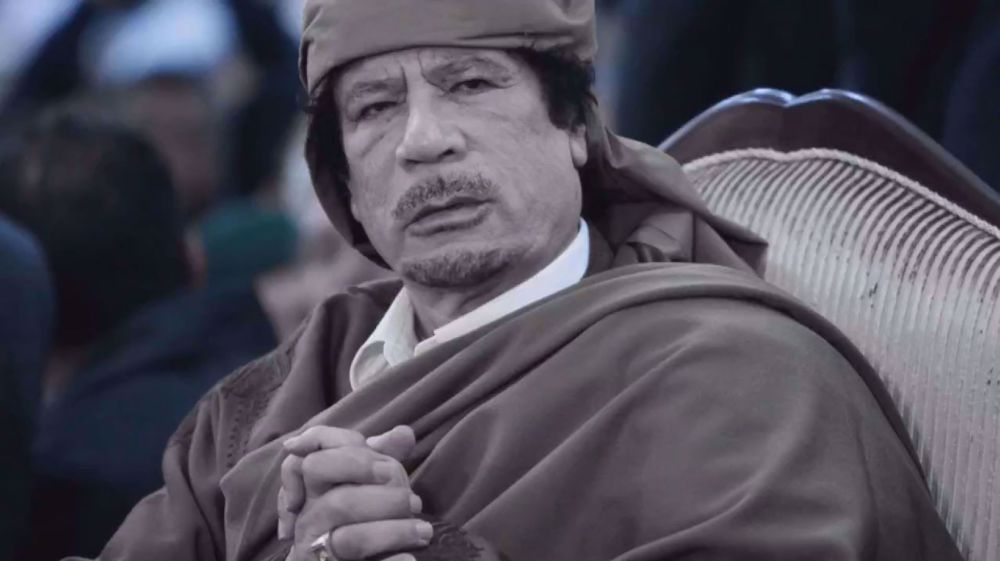
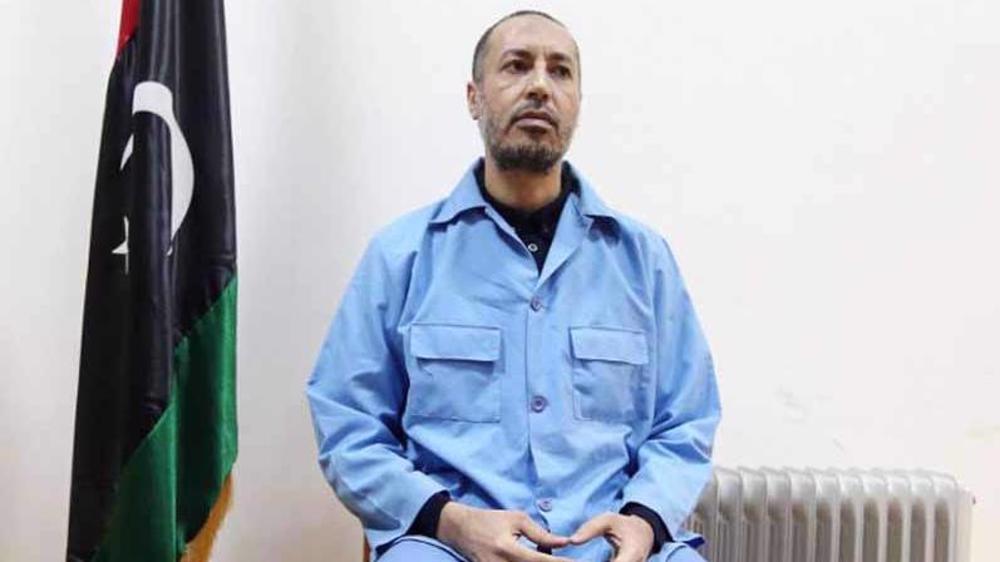
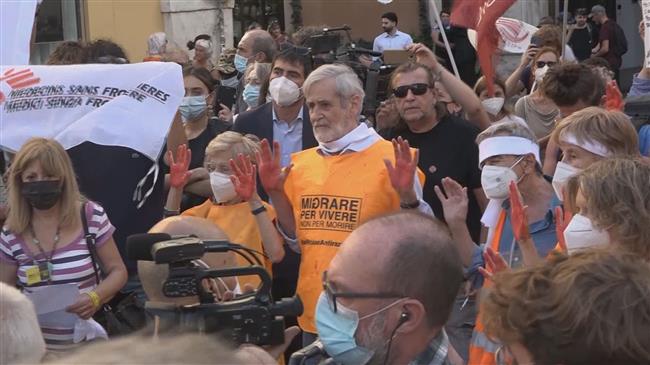
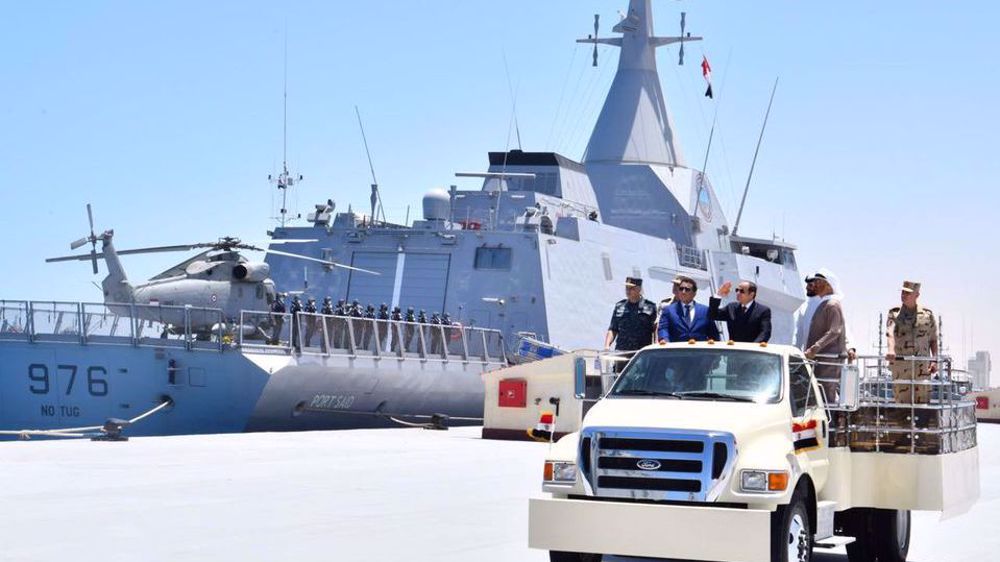
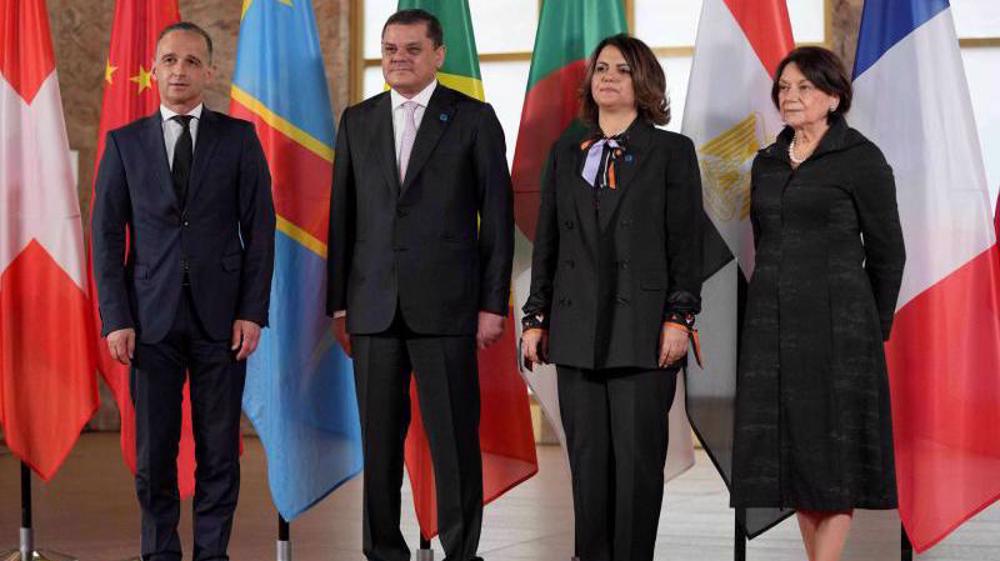
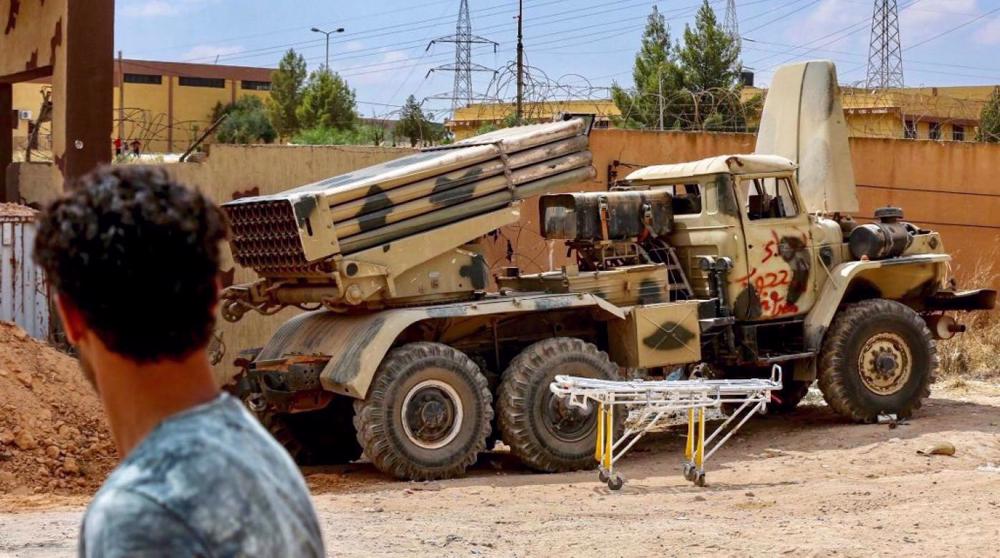
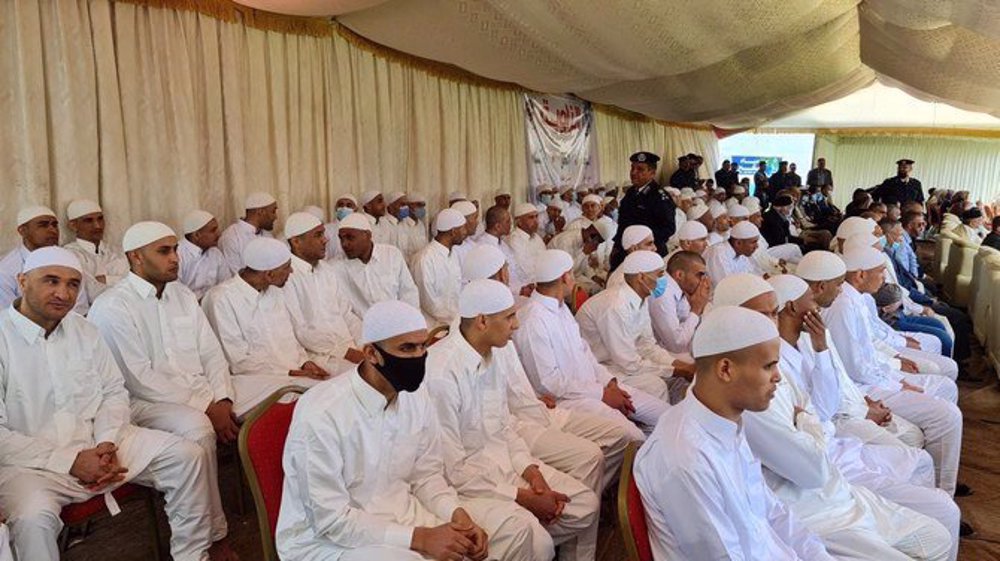
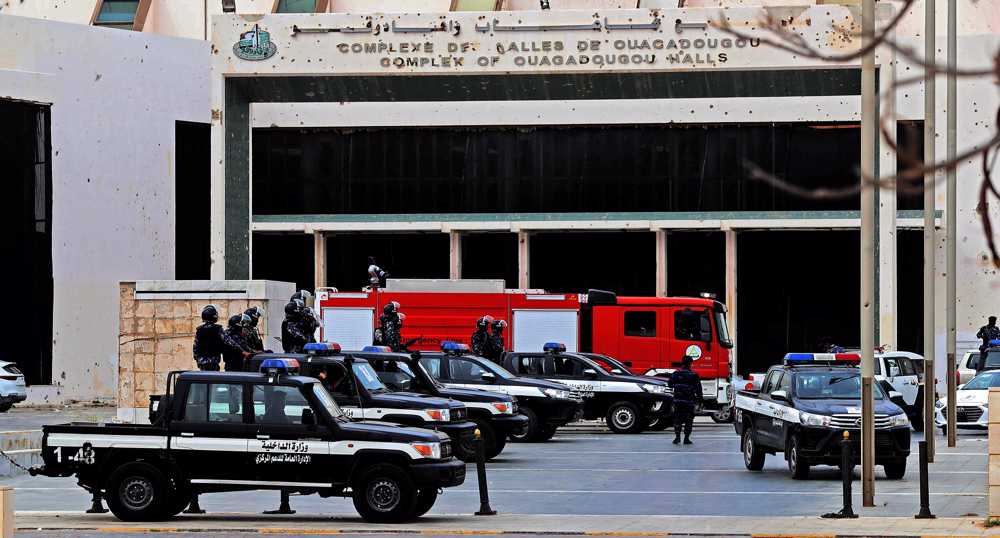
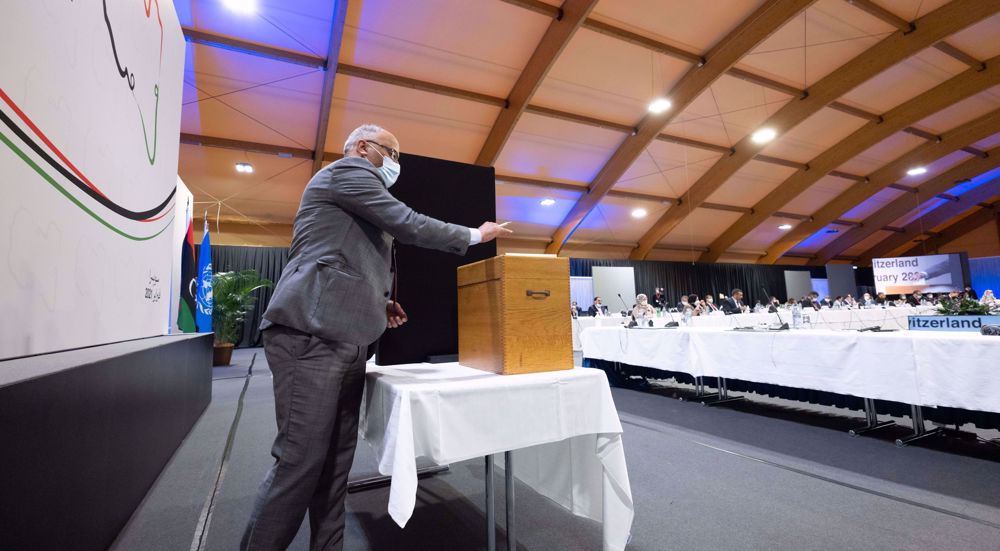
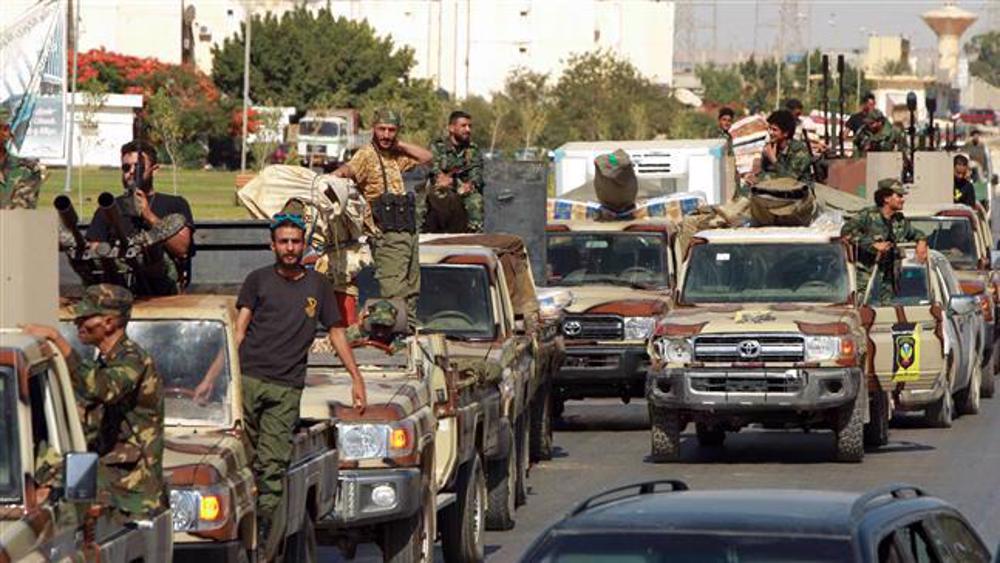

 This makes it easy to access the Press TV website
This makes it easy to access the Press TV website